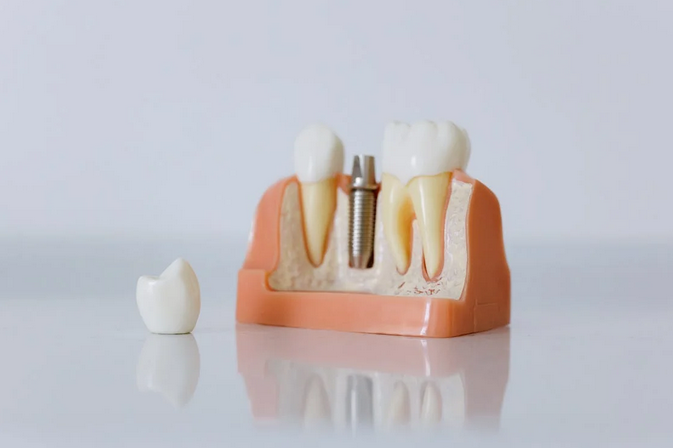When it comes to dental care, one size definitely does not fit all. Just as each smile is unique, so too are the needs of every individual seeking treatment. Customized dental treatment plans have emerged as a game-changer in oral health, shifting the focus from generic solutions to personalized strategies tailored specifically for you. Imagine walking into your dentist’s office and knowing that your concerns will be addressed with precision and care designed just for you.
This approach transforms the patient experience and enhances outcomes, making your journey with your favorite dentist in Coventry smoother than ever before. Now, let’s dive deeper into why these individualized plans matter so much for maintaining a healthy smile.
Individualized Care

Individualized care is at the heart of modern dentistry. Each patient brings a distinct set of circumstances, preferences, and health histories to the table. Recognizing this diversity allows dental professionals to create treatment plans that resonate with each individual. By prioritizing personalized strategies, dentists can address specific concerns more effectively. This attention to detail fosters trust between patients and their providers. When you feel understood and valued, it transforms your entire experience. Moreover, individualized care goes beyond just solving immediate problems.
Comprehensive Assessment
A comprehensive assessment is the cornerstone of effective dental treatment. It goes beyond a quick check-up. This process involves analyzing not just your teeth, but also your gums and jaw structure. Dentists gather crucial information about your oral health history and habits during this thorough evaluation. Digital imaging technology may be employed to uncover hidden issues that aren’t visible to the naked eye. Each detail matters. Understanding factors such as lifestyle choices, dietary habits, and previous dental work helps create a clearer picture of your needs.

Targeted Solutions
Targeted solutions are at the heart of effective dental treatment plans. When care is tailored to individual needs, it becomes more precise and impactful. For instance, if a patient struggles with gum disease, their plan may focus on specific cleaning techniques or advanced therapies rather than generic advice. This approach ensures that every aspect of treatment addresses unique challenges. Additionally, targeted solutions can include the latest technology. From digital imaging to innovative orthodontic options, modern dentistry offers tools that align perfectly with personal goals. This customized focus fosters quicker recovery times and better outcomes.
Enhanced Patient Engagement

Customized dental treatment plans foster enhanced patient engagement. When patients feel their care is tailored to their unique needs, they are more likely to invest in the process. Active participation becomes a natural part of the journey. Patients are encouraged to ask questions and voice concerns, leading to a deeper understanding of their oral health. This collaboration builds trust between patients and dentists. A strong relationship encourages compliance with treatment recommendations, resulting in better outcomes. Moreover, personalized plans often incorporate educational resources specific to individual cases.
Customized dental treatment plans play a crucial role in enhancing patient care and outcomes. Dental professionals can address each patient’s unique needs by focusing on individualized approaches. This not only fosters trust but also promotes a positive relationship between patients and their dentists. Embracing customized treatment plans is essential for modern dentistry. It represents a shift toward personalized healthcare that benefits everyone involved—the patient gains optimal care while dentists achieve more satisfying outcomes through meaningful connections with those they …








